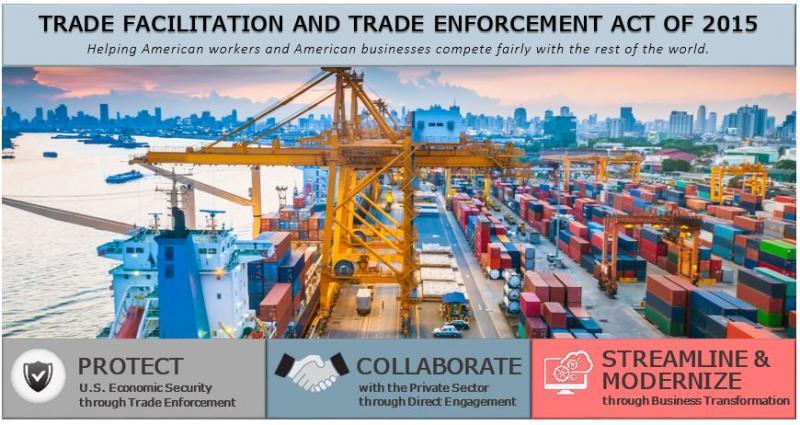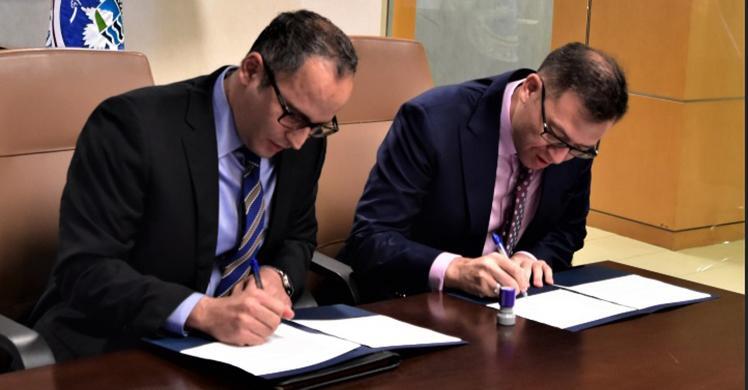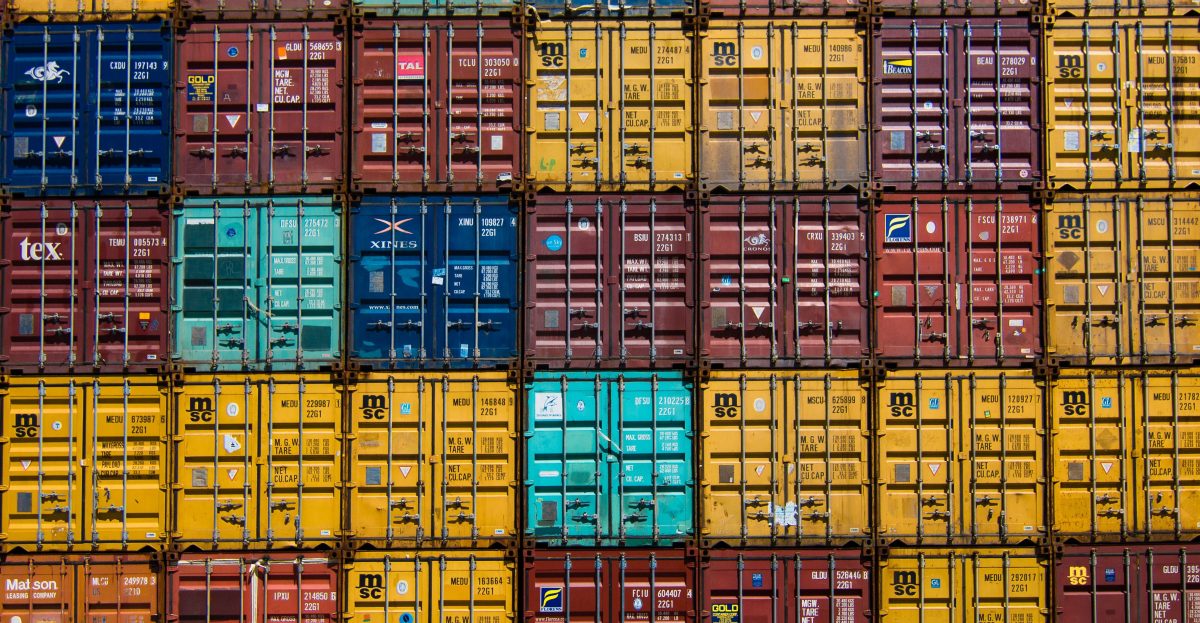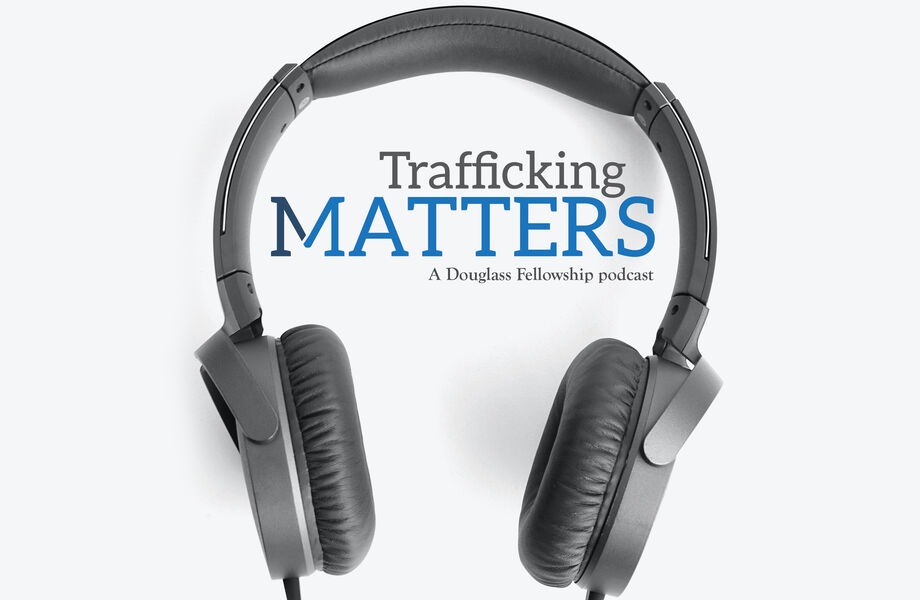Forced labor is endemic in today’s global supply chain. The International Labor Organization estimates that as of 2016, there were 24.9 million victims of forced labor.1 The Department of Labor’s most recent “List of Goods Produced by Child Labor or Forced Labor” identifies 148 goods from 76 countries.
Almost 90 years ago, the Tariff Act of 1930 (Smooth-Hawley Tariff Act) made it illegal to import goods into the United States that are “mined, produced, or manufactured wholly or in part” by convict, forced, or indentured labor. However, Section 307 of the Act contained a major loophole. It allowed the importation of goods produced with forced labor, where the domestic supply of such goods was inadequate to meet its “consumptive demand.” The loophole essentially swallowed the ban, and as a result, enforcement was infrequent. In an 85-year span, only 32 orders were issued, and all but two were issued within the last 20 years.
That loophole closed in February 2016, when President Obama signed into law the Trade Facilitation and Trade Enforcement Act of 2015. The law included a provision repealing the “consumptive demand” exception to Section 307’s ban on imports made with forced labor. This provision enjoyed broad bipartisan support in Congress and also reinforced growing international interest in holding companies more accountable for the labor practices in their supply chains.

Image from the U.S. Customs and Border Protection
Following the act’s passage, human and labor rights advocates eagerly anticipated increased enforcement of the import ban. And since March 2016, the U.S. Customs and Border Protection Commission has issued seven orders preventing imports under this provision. However, the gap between non-governmental organization (NGO) expectations and U.S. Immigration and Customs Enforcement (ICE) implementation reflects several challenges.
NGOs have limited ability to support such efforts. These organizations have their own priorities and operational relationships which do not necessarily track with (and maybe in tension with) the priorities of law enforcement authorities. Even where there are shared interests, NGOs may not be fully familiar with the types of information required by law enforcement to bring a successful criminal case or of professional standards relating to gathering and handling of information in the context of potential criminal prosecution. At the same time, law enforcement authorities may lack the country-specific knowledge, relationships with relevant actors in the supply chain, or access to the types of information that is necessary to mount a criminal case against human traffickers.
An innovative and bold new collaboration agreement between ICE’s Homeland Security Investigations (HSI) Global Trade Investigation Division and NGO, Liberty Shared, aims to address these challenges and holds the promise of increased enforcement of Section 307. The agreement, signed July 31, 2019, partners the officials responsible for criminal investigations into forced labor in U.S. supply chains with in-country NGO experts. Together, HSI and Liberty Shared seek to fill existing information gaps in order to prosecute those who seek to profit from labor exploitation. The partnership also recognizes the importance of ensuring a layer of protection and anonymity to victims of trafficking.

Image from ICE.gov
The collaboration will be guided by a set of simple and basic criteria for a successful case (now under development by ICE/HSI) based on experience to date. Ken Kennedy, Senior Policy Advisor for Forced Labor Programs at HSI, stresses there is no predetermined set of country or product-specific priorities and that the U.S. Department of Labor’s List of Goods Produced by Child Labor or Forced Labor is a logical reference point for this discussion. Both parties envision ongoing, regular communication, to achieve a shared understanding of the information gaps to be filled and the types of information that Liberty Shared might be able to provide. Kennedy also notes that ICE has additional, ongoing relationships with external information providers, such as Thomson Reuters, that continue to inform enforcement-related efforts.
In announcing this partnership, Liberty Shared Founder and Managing Director Duncan Jepson underscored the value of credible enforcement in driving progress in curbing human trafficking in global supply chains. Companies need to understand that this is a criminal risk, not a messaging challenge, he noted. Kennedy, who has been spearheading ICE efforts to promote wider awareness and enforcement of Section 307, acknowledged the value of in-country expertise and relationships with victim services networks in developing information that is targeted and useful in enforcement efforts. Kennedy welcomed Liberty Shared’s willingness to be public about this arrangement, while adding that ICE/HSI would welcome additional NGO collaborations of this type, whether publicly or privately identified.
With this collaboration, HSI is signaling that forced labor is a chief enforcement priority for the coming year. While one cannot predict the number or pace of future orders, this agreement marks an important step in closing the gap between expectation and enforcement.
- 1 “Global Estimates of Modern Slavery: Forced Labour and Forced Marriage.” Report: Global Estimates of Modern Slavery: Forced Labour and Forced Marriage, September 19, 2017. https://www.ilo.org/global/publications/books/WCMS_575479/lang–en/index.htm.




